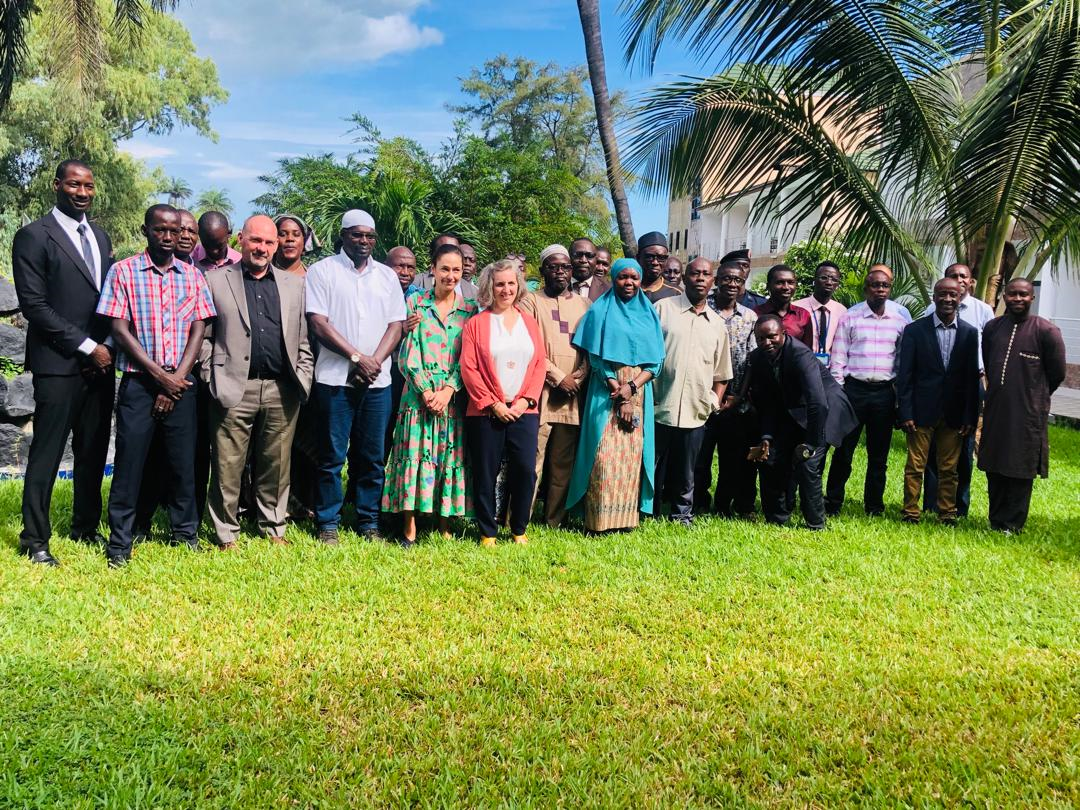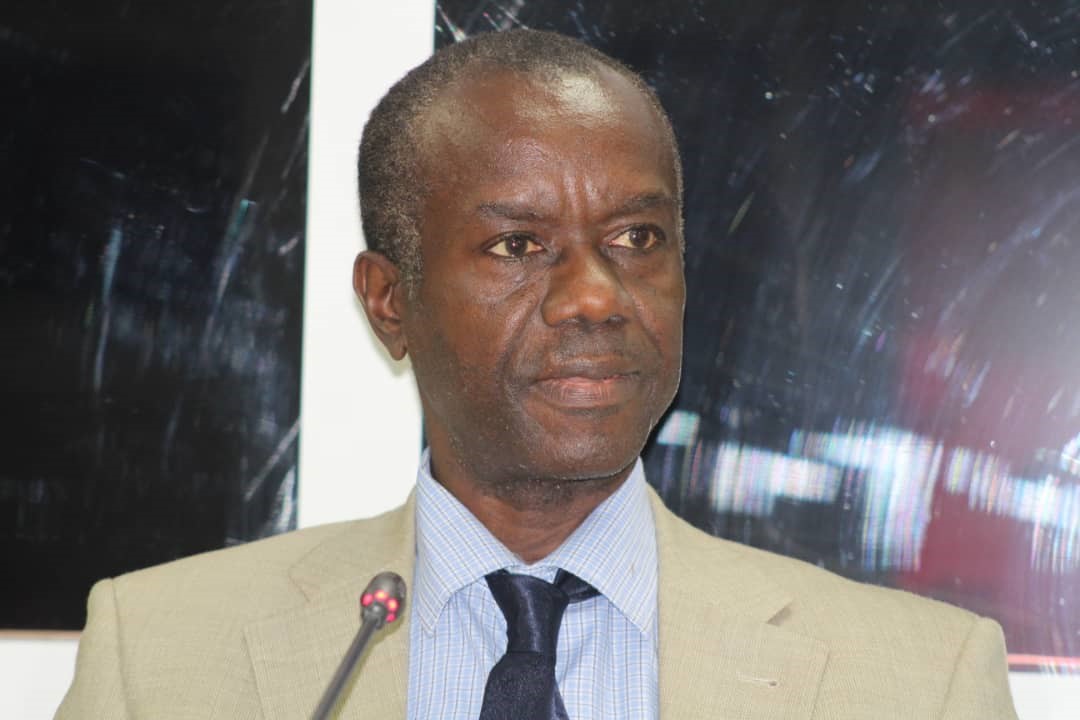By: Amie A.P. Ceesay
Despite its susceptibility to oil spills, The Gambia has no existing oil spill contingency plan but local and international stakeholders are currently meeting in Banjul to help usher in the country’s first-ever national oil spill eventuality plan.
The Gambia Maritime Administration (GMA), International Maritime Organization (IMO), and Global Initiative for West, Central and Southern Africa (GI-wacaf) on Monday set the ball rolling for a week-long capacity development training around the development of a national oil spill contingency plan for The Gambia.
The training, underway at the Metzy Hotel, is also geared towards the enhancement of the participants’ capacity in oil spill preparedness and response.
The participants were drawn from state and like-minded institutions.
The Permanent Secretary at the Gambia’s Works and Transport Ministry Louis Moses Mendy was among the Gambia government officials, who spoke at the opening ceremony of the seven-day training, and according to him, the development of a national oil spill contingency plan has been a major concern for GMA and stakeholders over the years but that itbecame more pressing following the Gambia’sratification of the OPRC 1990 Convention in 2019.
PS Mendy explained that a national contingency planwill represent a milestone for The Gambia in fulfilling its obligations under OPRC 1990, adding that it willalso ensure the country becomes prepared for the uncertain and often extremely tough and challenging situations involving oil spills.
Mandinaring Oil Spill
PS Mendy recalled the 2022 Mandinaring oil spill, describing it as an eye-opening experience for The Gambia, stressing that preparedness is vital and adeterminant of the outcome of oil spill response measures.
“I hope that this workshop will enhance the capacity of local stakeholders to respond to oil spill incidents in a more organized and coordinated manner,” he stated.
The Executive Director of the National Disaster Management Agency (NDMA), Mr. Sanna Dahaba, also spoke at the opening ceremony, stating among other things that a contingency plan will complement the implementation of Gambia’s 2022-2025 Multi-hazard National Contingency Plan for emerging hazards in the country.
“This training and plan will strengthen the response capacity of the country and responders to understand and respond to oil spillage disaster management and risk reduction employing operational skills for activation and deactivation by defining roles and responsibilities,” the NDMA boss acknowledged.
“NDMA will support the coordination for the implementation of the oil spill plan by intensifying collaboration and enhancing the capacity to do away with the old fashion of doing things to achieve the Sendai framework for action and the SDGs,” ED Dahaba promised.
The Project Manager of Global Initiative for West, Central and Southern Africa, Anais Guillou, disclosedthat the workshop is the sixth joint effort between the Gambian authorities and the GI WACAF project.
“Our cooperation is, therefore, a long-term one,” he recognized.
Mrs. Guillou underlined that the development and implementation of the plan require the commitment of all the institutions concerned as well as public and private operators in the oil, mining, port, and maritime transport sectors.




